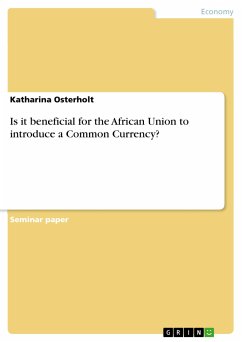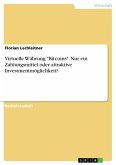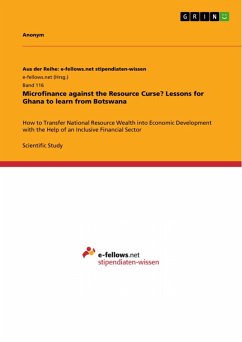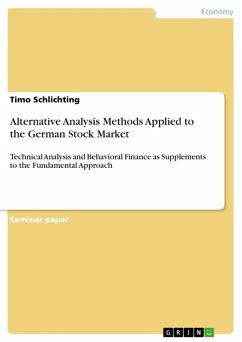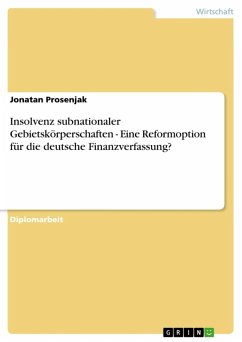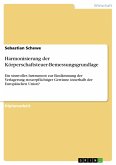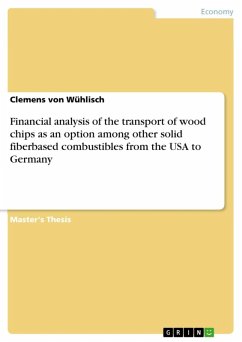Seminar paper from the year 2011 in the subject Business economics - Investment and Finance, grade: B bzw. 1.7, BI Norwegian Business School, course: Development Studies; Trade, Aid and Microfinance, language: English, abstract: This paper deals with the question whether a common currency is beneficial for the African Union. In order to assess this question, potential problems will be analysed and highlighted. The topic of a common currency becomes important in terms of economic growth that can facilitate sustainable development. The African Monetary Union is an economic and monetary union. The plan to introduce a common currency is based on the Abuja Treaty that was signed on 3.6.1991 in Abuja, Nigeria. In this treaty it was decided to set up an African Economic Community, an African Central Bank and an African Economic Community with a single currency by around 2020 (Masson, Milkiewicz, 2003). Up to today most countries have not signed this proposal as some decided to form their own currency unions, some want to delay the starting date and some are already using currencies from other countries. The paper will start looking at the advantages and disadvantages of a common currency and putting it into context with sustainable development. Here it can be highlighted that a successful and stable common currency can foster economic growth and therefore result in higher sustainable development. Further on, the paper looks into the theories of an Optimum Currency Area, Economic shocks, Spillover effects, currency adjustments and development traps. In order to analyze these theories the analysis part is looking into these using inflation rate data, GNI per capita and trade pattern provided by the IMF, the World Bank and UNECA, while contrasting it with the difficulties due to the development traps.
Dieser Download kann aus rechtlichen Gründen nur mit Rechnungsadresse in A, B, BG, CY, CZ, D, DK, EW, E, FIN, F, GR, HR, H, IRL, I, LT, L, LR, M, NL, PL, P, R, S, SLO, SK ausgeliefert werden.

